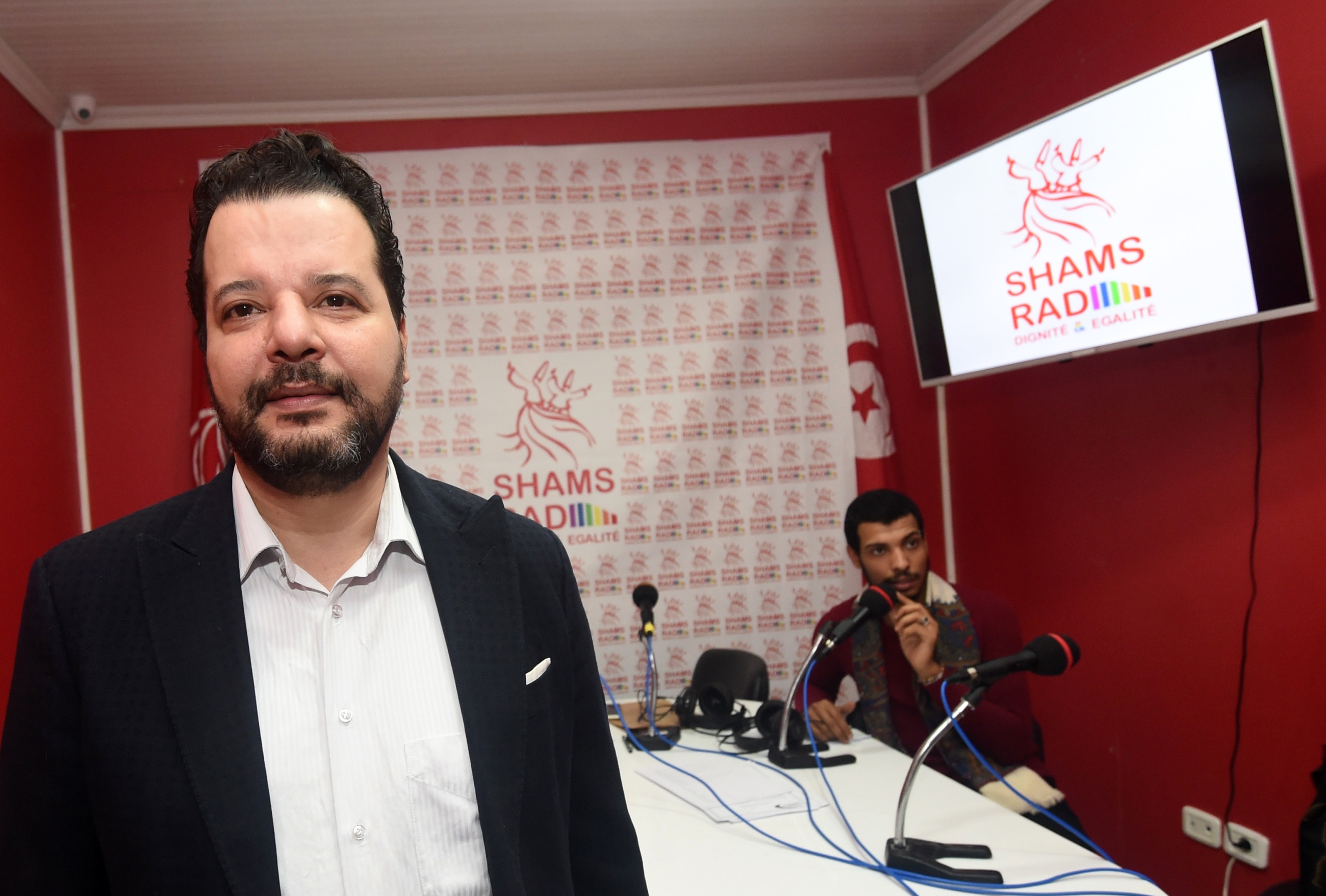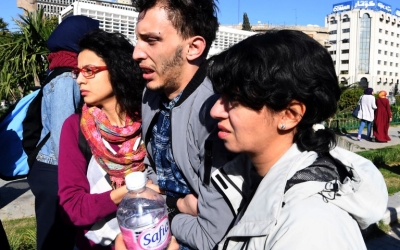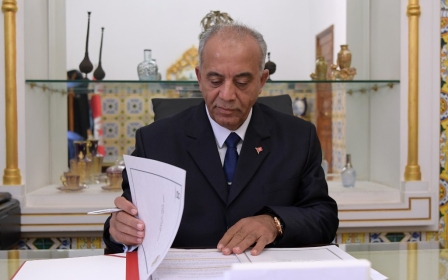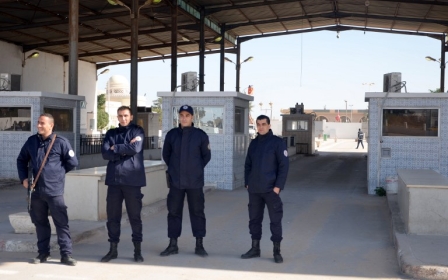Prominent Tunisian gay rights activist flees to France after death threats

A former presidential candidate and leader of Tunisia’s largest gay rights group said he has been forced to leave the country and take refuge in France after he has received “very serious” death threats.
Mounir Baatour ran in the 2019 presidential election representing the small Tunisian Liberal party.
"The police contacted me and said they considered the threat as very serious," Baatour told Thomson Reuters Foundation by phone from France where has been accepted as a political refugee.
The Tunisian government did not immediately respond to a request for comment.
Baatour's status as the only openly gay presidential candidate brought him into the limelight in a country where homosexual practices are punishable with up to three years in prison.
In 2018, there were 127 convictions in the country – up by 61 percent from the previous year – relating to incidents of same-sex intimacy, according to Tunisia’s leading LGBT+ rights group Shams, which is led by Baatour.
LGBT activists emerged following Tunisia's 2011 uprising that launched the Arab Spring.
The 2011 revolution also brought democracy to the country and saw the removal of secular autocrat Zine El-Abidine Ben Ali who had ruled the country for 23 years.
Kais Saied, a retired law professor, won a landslide victory to become president in October while the moderate Islamist Ennahda party came first in parliament.
It was not clear which group has threatened Baatour.
Baatour says he will continue to head Shams from France and has no regrets about his actions that could have led to the death threats.
"It's my personality, my identity," said Baatour.
He plans to look for work as a lawyer in France as there was no immediate prospect of being able to return home.
"I will continue to fight for the rights [of LGBT+ people in Tunisia]."
A recent survey by Arab Barometer research network found only seven percent of Tunisians consider homosexuality acceptable.
Many regard LGBT+ people as "sick", said Baatour.
"But I say to them, if homosexuality is a sickness, then find us a medicine for that, and then I will bring you the Nobel Prize for medicine," he said.
Middle East Eye propose une couverture et une analyse indépendantes et incomparables du Moyen-Orient, de l’Afrique du Nord et d’autres régions du monde. Pour en savoir plus sur la reprise de ce contenu et les frais qui s’appliquent, veuillez remplir ce formulaire [en anglais]. Pour en savoir plus sur MEE, cliquez ici [en anglais].





